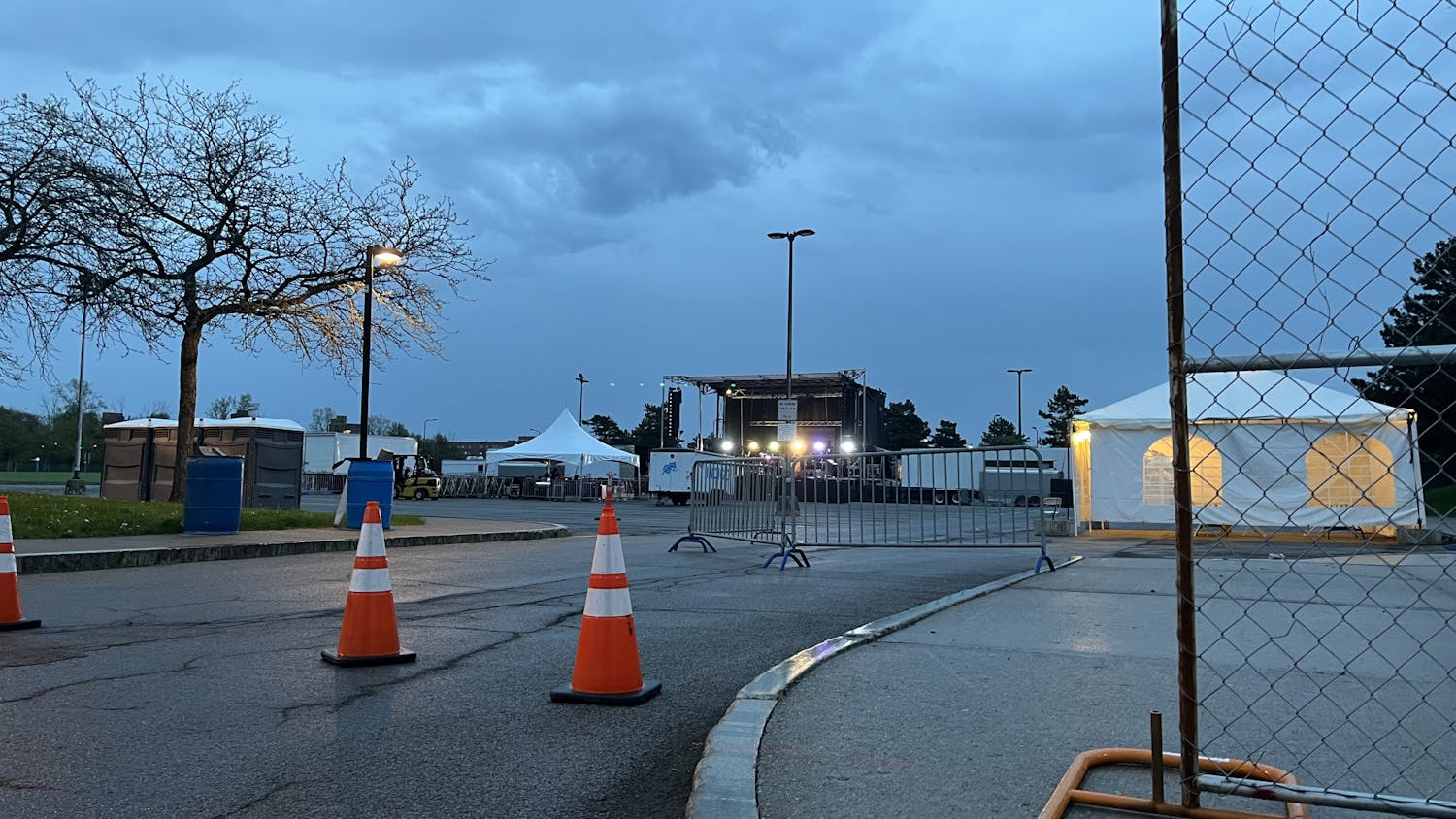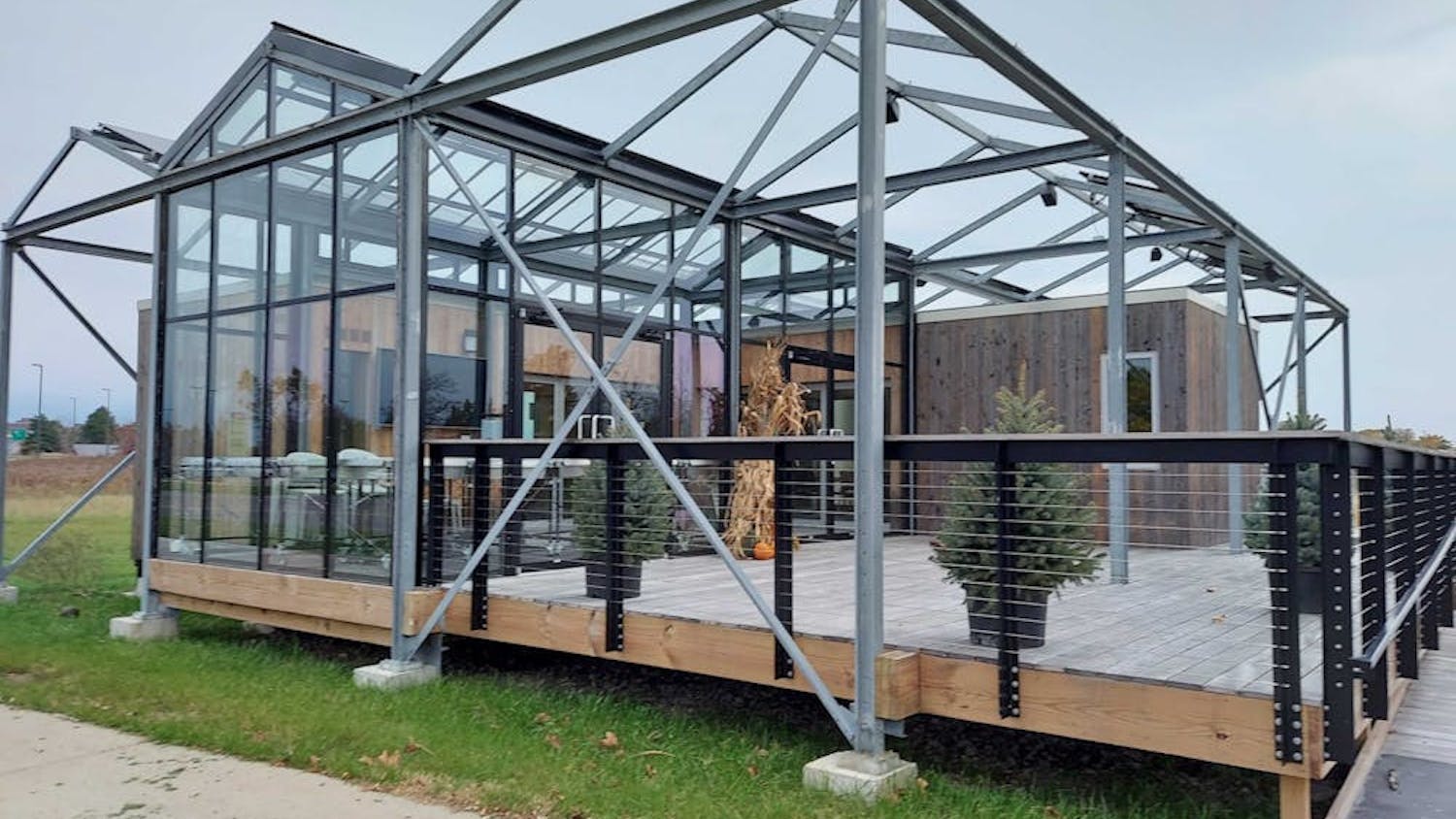Early Sunday morning on April 13, 2003, there was a suspicious fire at a student-rented, off-campus house near the Ohio State University campus as a student's 21st birthday party was breaking up. Five people were killed, and three were injured. Officials reported that one of the injured, a 20-year-old man, was in critical condition with severe burns and smoke inhalation. According to reports, about 80 people had been at the party, and 10 to 20 people were still in the house when the fire started at about 4 a.m. This brings the total number of college students who have lost their lives in off-campus housing fires since Jan. 1, 2003, to 11. The total number of lives lost in 2002 was seven.
As we read the report, our first reaction was horror and then gratitude that it had not happened at the University at Buffalo. However, it could happen at UB. Personal safety must be a priority and a part of your everyday life, no matter where you live. In off-campus housing you are more likely to be exposed to the inappropriate actions or omissions of others, thereby significantly raising the level of your personal risk. When hosting a large party, it's very difficult to monitor all of your guests. This means that a large party can easily get out of control, resulting in a tragic event, as witnessed at Ohio State.
If you live off campus, please make sure that you practice the following safety precautions:
- Call 911 immediately if you suspect a natural gas leak or fire (even if you smell smoke but don't see flames), if electrical equipment arcs or sparks or for any other type of emergency.
- Make sure you have smoke and carbon monoxide detectors with fresh batteries. Check the batteries monthly and replace them every six months, or as soon as you hear a low battery warning.
- Purchase a fire extinguisher. Keep it in or near the kitchen.
- Develop a fire emergency plan with your housemates. Plan at least two escape routes and make sure exits are always clear of obstacles. Identify a designated place for everyone in the house to meet outside where you can count heads and determine if everyone is out of the building.
- Never drink or smoke when you're home alone. It is a leading cause of fire.
- Fuse boxes protect you from fire. Never tamper with them or use fuses that are not the correct size.
- When cooking, never leave food unattended.
- Never overload electrical circuits with extension cords or other devices. If you must use an extension cord, make sure it is a heavy-duty commercial type and do not place it under a carpet or rug. Periodically check inside and outside the house to make sure that any open flames and smoking materials have been extinguished.
- Do not leave unattended candles burning and make sure that items such as curtains, paper and clothing, cannot make contact with the flame.
Remember, your life and the lives of your fellow students are too precious to take chances.




